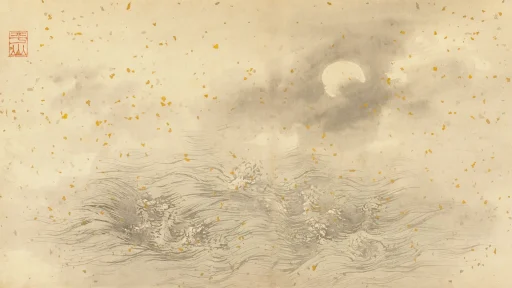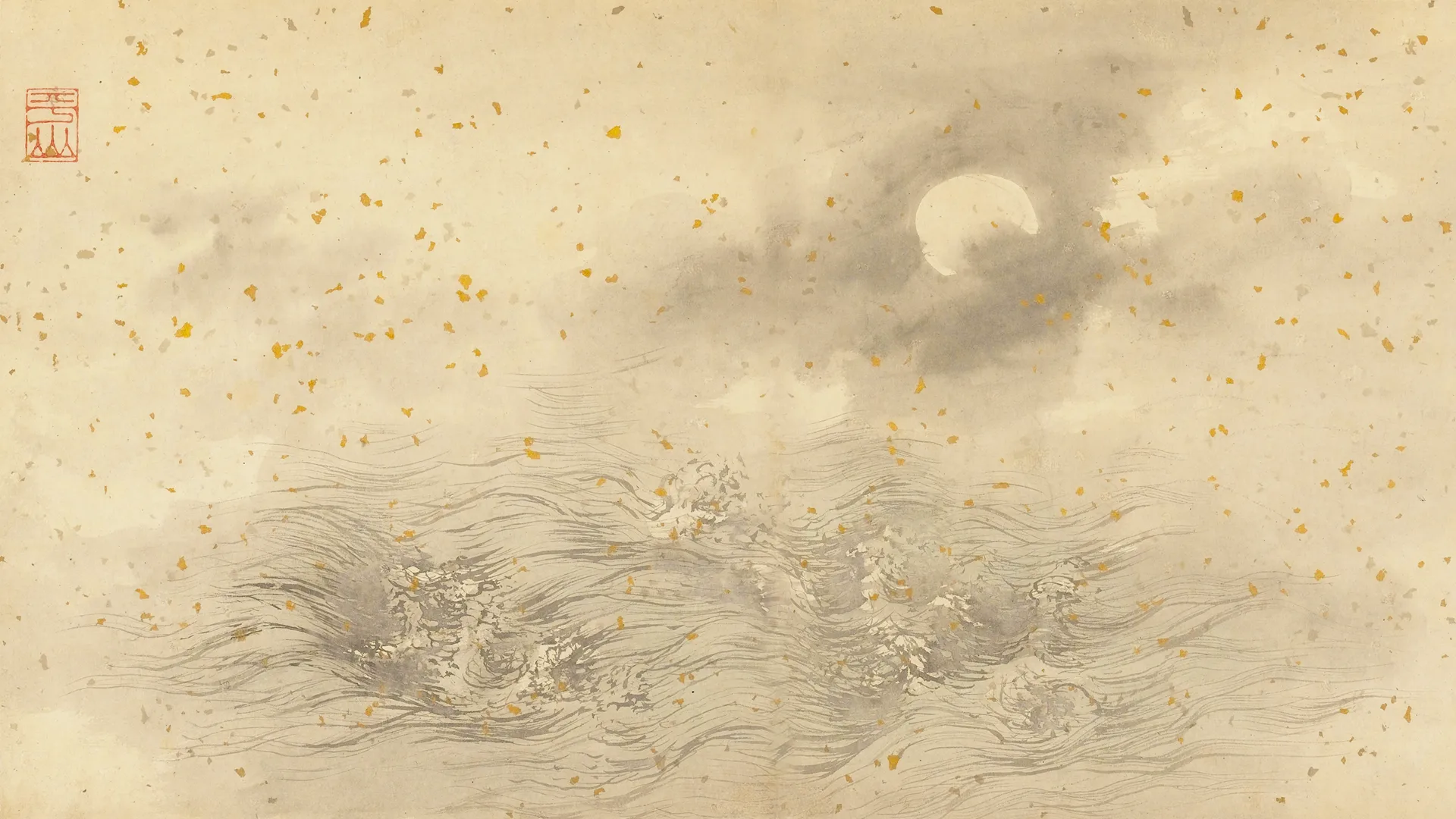
In Western medicine, anxiety is understood as a mental health disorder characterized by a consistent state of apprehension, persistent fear, or excessive worry about everyday situations. This condition can manifest through various symptoms including racing heart, rapid breathing, sweating, brain fog, lack of focus, indecision and chronic fatigue, significantly affecting an individual’s quality of life.
The roots of anxiety lie in the brain’s amygdala, a critical structure that processes our fear and emotional responses. When one faces a perceived threat, the amygdala triggers a cascade of reactions, releasing stress hormones like cortisol and adrenaline, thus initiating the fight-or-flight response. In a state of anxiety, the amygdala may become overactive, causing an imbalance in these responses. This condition often forms a vicious cycle, with each anxious thought activating the amygdala and releasing stress hormones, which in turn amplifies feelings of fear and worry.
Treatment in Western medicine usually involves pharmaceutical interventions, cognitive-behavioural therapies, and various lifestyle modifications. The objective is to alleviate the physical symptoms, modify the thought process, and prevent anxiety from escalating into severe conditions such as panic attacks, generalised anxiety disorder, or phobias.
Anxiety in Ancient Chinese Medicine: Fear and the Water Element
Ancient Chinese medicine offers an entirely different perspective on anxiety, grounding its interpretation in the philosophy of the Five Elements: Wood, Fire, Earth, Metal, and Water. Each element is associated with specific emotions, organ systems, and aspects of the psyche, creating a holistic view of health and wellness.
Anxiety, in this philosophy, is linked predominantly with fear and is associated with the Water element. This element corresponds with winter, a time of introspection, conservation, and preparation for new growth. Analogous to the stillness of a frozen lake, the Water element encourages inner reflection, deep wisdom, and emotional resilience.
At times, fear can serve a useful purpose. It can heighten our awareness, making us cautious when we approach potentially dangerous situations, such as a dark alleyway. Fear, when properly channeled, can act as a warning system, alerting us to impending risks.
However, it becomes problematic when this emotion starts to overtake our lives, manifesting as incessant worries or obsessive fears. This excessive activation of fear signals an imbalance that needs to be addressed and rectified.
In the context of the Water element in Chinese medicine, fear is a constituent emotion. When fear becomes overpowering, it can be likened to a tumultuous wave sweeping us off our feet. This overwhelming sensation can cause us to lose our rootedness and connection with our surroundings, akin to not being able to feel the ground beneath us.
Such intense fear can lead to a state of emotional and physical paralysis, making us vulnerable to external and internal threats. Thus, recognizing and managing the overactivity of fear is a crucial step towards achieving emotional balance and overall wellbeing.
Jing, Kidney Yin, and the Root of Anxiety
Water is associated with the kidneys and bladder, which form a Zang-Fu pair in the system of Chinese medicine. Zang organs are perceived as Yin, storing and preserving vital substances, while Fu organs are Yang, responsible for digesting food and transmitting nutrients.
The kidneys, considered the “Root of Life,” hold a significant role in this system. They are the storehouse of “Jing” or “Essence,” a crucial substance in the body. Jing is inherited from our parents at conception, and while a small portion can be acquired through diet and lifestyle, it is largely finite, slowly depleting over a lifetime.
Jing is a fundamental concept in Chinese medicine. It provides the basis for all of our body’s functions, growth, reproduction, and development. It is often associated with aging, as it influences our constitutional strength and resilience, dictating the pace at which we grow, mature, and eventually decline.
In the context of anxiety, a deficiency in Kidney Yin, or Jing, can lead to an imbalance in the Water element, resulting in irrational fear and constant worry. This depletion of Jing disrupts the body’s equilibrium, manifesting as a variety of physical and psychological symptoms.
Factors Depleting Jing and Causing Kidney Yin Deficiency
Kidney Yin deficiency can be influenced by various lifestyle factors that deplete the body’s Jing. These include excessive sexual activity, long-term use of drugs or medication, chronic stress, overworking, unhealthy dietary habits, and an imbalanced lifestyle.
Stimulants like coffee, tea, sugar, alcohol, food additives, and toxins in the environment can hyperstimulate the metabolism and exhaust the kidney’s resources, depleting Jing. Furthermore, poor lifestyle choices and bad habits can become a burden on the system, causing a strain on the kidneys and leading to a Jing deficiency.
Overcoming Anxiety: Lifestyle Adjustments and the Power of Tai Chi
Managing Kidney Yin deficiency and thus, anxiety, involves significant lifestyle adjustments. Reducing deleterious activities and improving diet are essential steps. However, more proactive measures can be taken to correct the imbalance and restore Jing.
Tai Chi, an ancient Chinese martial art form, stands at the intersection of these remedial steps. Practising Tai Chi promotes deep, regulated breathing, fluid body movements, and a meditative mindset, creating a synergy that encourages balance and harmony.
Tai Chi integrates Wuwei or effortless action into physical movement, promoting a relaxed but focused state of mind that minimizes anxiety and stress. The practice encourages the conservation of Jing, allowing for the preservation and rejuvenation of the body’s vital resources.
In addition, Tai Chi cultivates willpower and resilience. Consistent practice nurtures mental strength, enabling practitioners to combat stress, anxiety, and fear more effectively. The holistic benefits of Tai Chi — physical, mental, and emotional — foster an inner peace that helps manage and potentially overcome anxiety.
In conclusion, anxiety is a complex condition that can be interpreted and addressed from both Western and Eastern medical perspectives. While lifestyle changes and mindfulness practices form the cornerstone of managing anxiety, integrating practices like Tai Chi can further enhance the body’s ability to maintain balance and harmony, offering a powerful approach to combat anxiety.
Building Confidence Through Self-Defence Training
While Tai Chi is a concentrated and meditative practice, it is also a martial art, with deep roots in self-defence. Integrating Tai Chi’s self-defence training into your routine offers another dimension in alleviating anxiety. This practice enhances physical capabilities and instills a sense of safety, confidence, and empowerment that can extend beyond the training environment into everyday life.
When we feel safe and capable, we naturally exude confidence. This confidence can influence the way we navigate our daily lives, from how we carry ourselves physically to how we engage in social situations. An improved physical stance can project self-assuredness, deter potential threats, and encourage positive interactions.
In the realm of social anxiety, this confidence plays a crucial role. The fear of judgment, embarrassment, or rejection in social situations can trigger anxiety. However, by bolstering self-esteem and confidence through self-defence training, these fears can be significantly mitigated.
Self-Defence, Tai Chi, and Social Anxiety
At the heart of self-defence training in Tai Chi is the principle of balance and control. By learning how to maintain physical and emotional stability even under pressure, individuals can apply these skills in a social context. This practice enables them to manage stressful interactions more effectively, thereby reducing feelings of anxiety. This kind of training provides tangible demonstrations of enhancing self-preservation skills through practical methods, which consequently serve to boost confidence.
Moreover, the social aspect of Tai Chi training also provides a supportive community. This interaction, while offering an opportunity for communal learning and growth, can serve as a safe space for individuals with social anxiety to gradually build their comfort in interacting with others.
Final Thoughts: Integrating Tai Chi Into A Holistic Approach
Tai Chi, by integrating mindfulness, physical resilience, and self-defence skills, forms a holistic approach to combating anxiety. It’s not just about managing symptoms; it’s about empowering individuals to take control, foster inner strength, and lead a balanced, harmonious life.
In essence, overcoming anxiety involves understanding and nurturing the mind-body connection. Whether through nurturing the Water element, preserving Jing, or enhancing self-confidence through self-defence, Tai Chi offers a comprehensive and empowering approach to alleviating anxiety. Incorporating this practice into a lifestyle change may unlock potential paths toward overcoming anxiety and cultivating inner peace.
